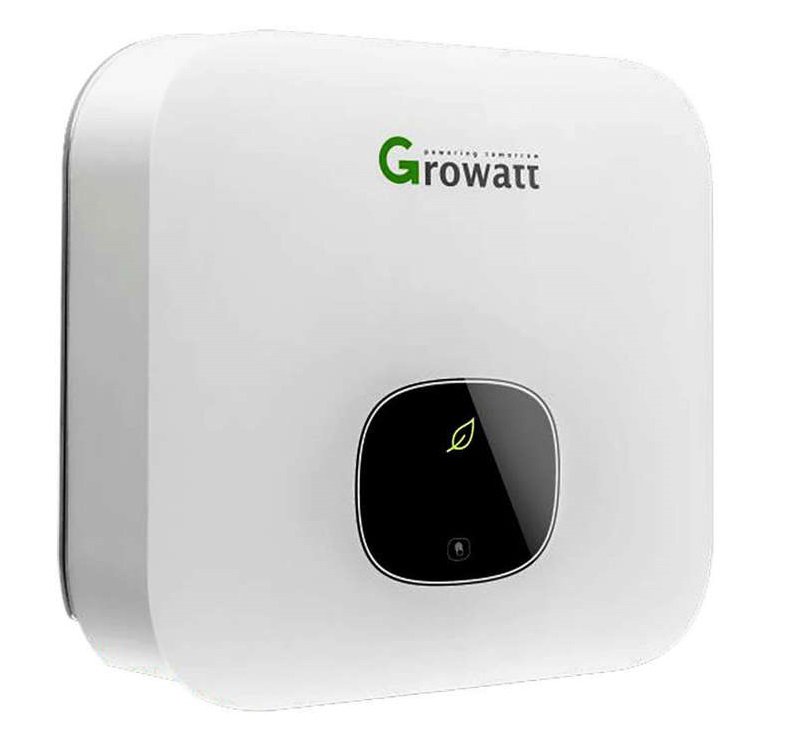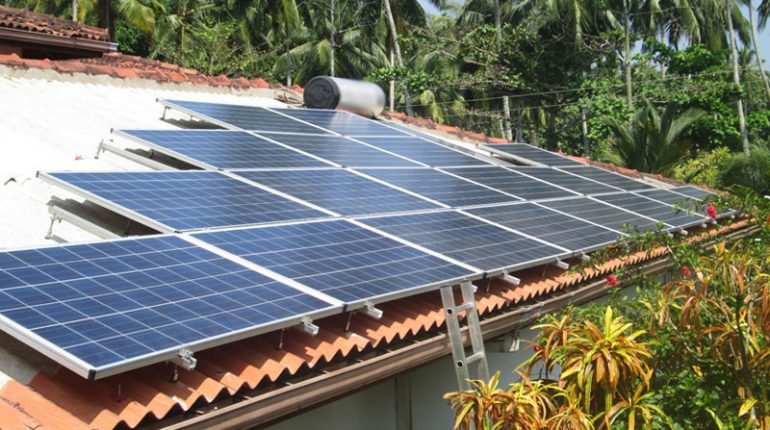A solar inverter is also called a PV inverter or solar PV inverter and is a kind of electrical converters that converts the variable direct electrical output of a solar power panel into a standard household alternating current (fairly normal household voltage) that can normally be used directly or fed to a neighbourhood, off-grid electric system. The solar inverters run primarily on single or multi-cell batteries, with each cell holding one or more cells. This means that there’s a bank of batteries ready to take over when needed and to store enough electricity to power your entire household, or just enough to light your lights and some appliances. If you don’t use your solar inverters during the winter, you’ll have the ability to keep your entire home warm by having a steady supply of solar power.
The difference between a solar inverter and a solar panel is that the inverter controls and converts the supply of solar energy coming from your solar panels into a usable form.
There are two different types of solar inverters, single-mode and dual-mode. There are other terms you may encounter when looking at solar inverters. Maintaining your maximum power point tracking is important for your solar inverters long life because it is at your maximum power when the panels generate the most energy. Maintaining maximum power point tracking ensures your panels stay put and are not damaged by cold weather.
One of the biggest advantages of solar inverters is that they can control both direct and alternating current, so they can run your entire household or just parts of it. You can also connect your solar panels to an RV generator, or to your RV’s battery to charge it. Solar inverters work well in an RV since you will likely not want to use AC power to run your refrigerator, fans, heater or computer. With your solar inverters, you can keep the power going where you need it most and still have AC power to run most of the household appliances. The only thing you may have to do is disconnect your solar panels from the battery, or from the RV generator.
If you live in a remote location, or if your electric company does not provide you with any electricity, you will have to find your own solution for getting power. For this reason, many people choose to purchase high-efficiency solar cells, known as “power optimisers”. Power optimisers convert all the solar energy into AC electricity so that it can be used for your household needs. They have the added benefit of being environmentally friendly, and they will help to save you money on your monthly utility bill. This additional cost on your utilities can help you pay off your solar panels in a shorter period of time, as you will no longer have to pay for expensive utility rates.
Many of these solar energy converting devices are designed to run all by themselves. This allows you to keep your solar inverters turned on, and your solar inverters will be taking care of everything. You will not have to worry about adjusting the settings on your solar inverters in order to get the power and energy that you want. The solar inverters will be handling the entire conversion process for you. The power optimizer will convert the solar energy into DC current, and the solar inverters will in turn convert this DC current into usable AC electricity. Your solar inverters will then convert this AC electricity into the alternating current (AC).
Solar inverters are a great way for homeowners to take advantage of the sun’s rays, but they can also be a great option for homeowners that are trying to cut back on their utility bills. There are even some homeowners that are choosing to purchase their own solar energy system and are using solar inverters to supplement their power grid. Some homeowners believe that solar inverters can actually be a more affordable option than having your whole house built with utility-installed power systems. Another reason that solar inverters are becoming more popular is that many manufacturers are making them in much larger sizes than they were previously. The larger sizes of these solar energy systems are also a lot more efficient than their smaller counterparts.
If you’re thinking about installing solar panels on your home, you might want to also consider the added benefit of having your AC electricity coming from the solar panels. In a typical electric grid, a homeowner would have to power several different appliances at the same time, and this can lead to a lot more bills. When you have your solar panels installed on your roof, you only have one appliance that needs to be powered, and that appliance is the only thing that may use any power at all. The smaller solar panels will only need to be powered one time, and it will only take a very small amount of energy. This means that you can save a lot more money on your utility bills. If your solar panels are shaded, you can actually cut your bill by as much as 50%.
Some people may argue that the costs of having an installed solar panel system are not worth paying for. However, in most cases, people can see the difference in the amount of money that they are spending on their home energy system and the money that they would save if they simply installed a solar inverter. Remember that the initial installation of the solar panels can be expensive, and the cost of the actual inverter can come out of your pocket after you have paid for the materials. However, the inverter is what will make the solar panels work. In the long run, if you want to get solar power into your home then the best way to do so is to install a residential solar power inverter. It is the most practical and most economical choice for your home energy system.


